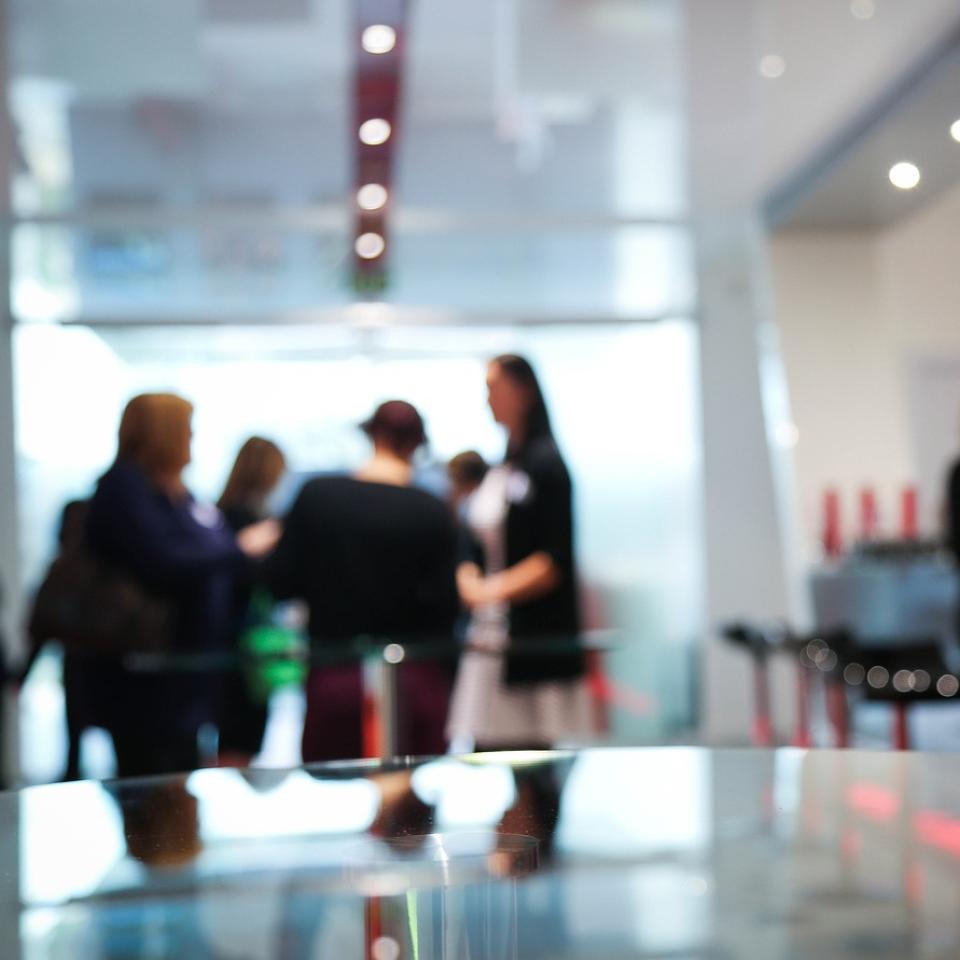
Wales Arts and Humanities Alliance: inaugural symposium
Claire Gorrara and Kirsti Bohata, co-chairs of the Wales Arts and Humanities Alliance (WAHA), share key insights from the WAHA inaugural symposium on 11 October.
5 November 2024
11 October 2024 was an inspiring day at Aberystwyth University and the Centre for Advanced Welsh and Celtic Studies (CAWCS) as we launched the Wales Arts and Humanities Alliance (WAHA). Facilitated by the Wales Innovation Network and encompassing all nine universities in Wales, WAHA provides a pan-Wales opportunity to build deeper and stronger partnerships and knowledge exchange through the research and innovation excellence of higher education arts and humanities. This day for WAHA was a truly collaborative endeavour, led by our colleagues Mary-Ann Constantine, Professor/Project Leader at CAWCS, and Dr Patrick Finney, Pro Vice-Chancellor for the Faculty of Arts and Social Sciences at Aberystwyth University.
The event began with a set of four outstanding presentations on research projects from Aberystwyth University and University of Wales Trinity Saint David – ranging from the Creating Safer Space research network on civilian safety in conflict zones, led by Professor Berit Bliesemann de Guevara, to the UNESCO-MOST BRIDGES project and coastal stories from Wales, presented by Professor Louise Steel.
Key insights from community discussions were:
- The power and value of community co-production and creative arts methods to listen and learn from under-represented groups in research – from the hyperlocal to the global.
- The importance of looking beyond traditional disciplinary boundaries for the variety and porosity of Arts and Humanities research across our sector. We spoke about looking outside our usual disciplinary ‘buckets’.
- The value of advocating for the distinctiveness of Welsh Arts and Humanities research and innovation, and our collective commitment to future generations in policy and practice.
In the afternoon, we hosted a hybrid roundtable discussion with our sister organisations, the Scottish Arts and Humanities Alliance, the Irish Humanities Alliance and the British Academy.
There were rich discussions of how we can ‘make the case’ for Arts and Humanities more effectively and how we can advocate with impact. Key points were:
- The value of working closely with policy makers and state institutions – devolved, UK and global – to influence and contribute to debates and decisions on research policy and infrastructures.
- The need to be sensitive to the ‘geographies of collaboration’.
- How we need to be ever-mindful of messaging – being consistent and clear in our communication.
- How we need to make the case for Arts and Humanities in ways and words that align with our interlocutors – and that can mean in economic terms sometimes.
- The power of finding, profiling and communicating the variety and significance of Arts and Humanities to key sectors, using graduate stories to show the breadth and depth of the professional pathways and achievements that our students experience.
It was a wonderful day to celebrate current successes and plan for new ones with a keen sense of the ambitions and momentum of a ‘team Wales’ network for Arts and Humanities.
You can watch a recording of the afternoon roundtable discussion here.
